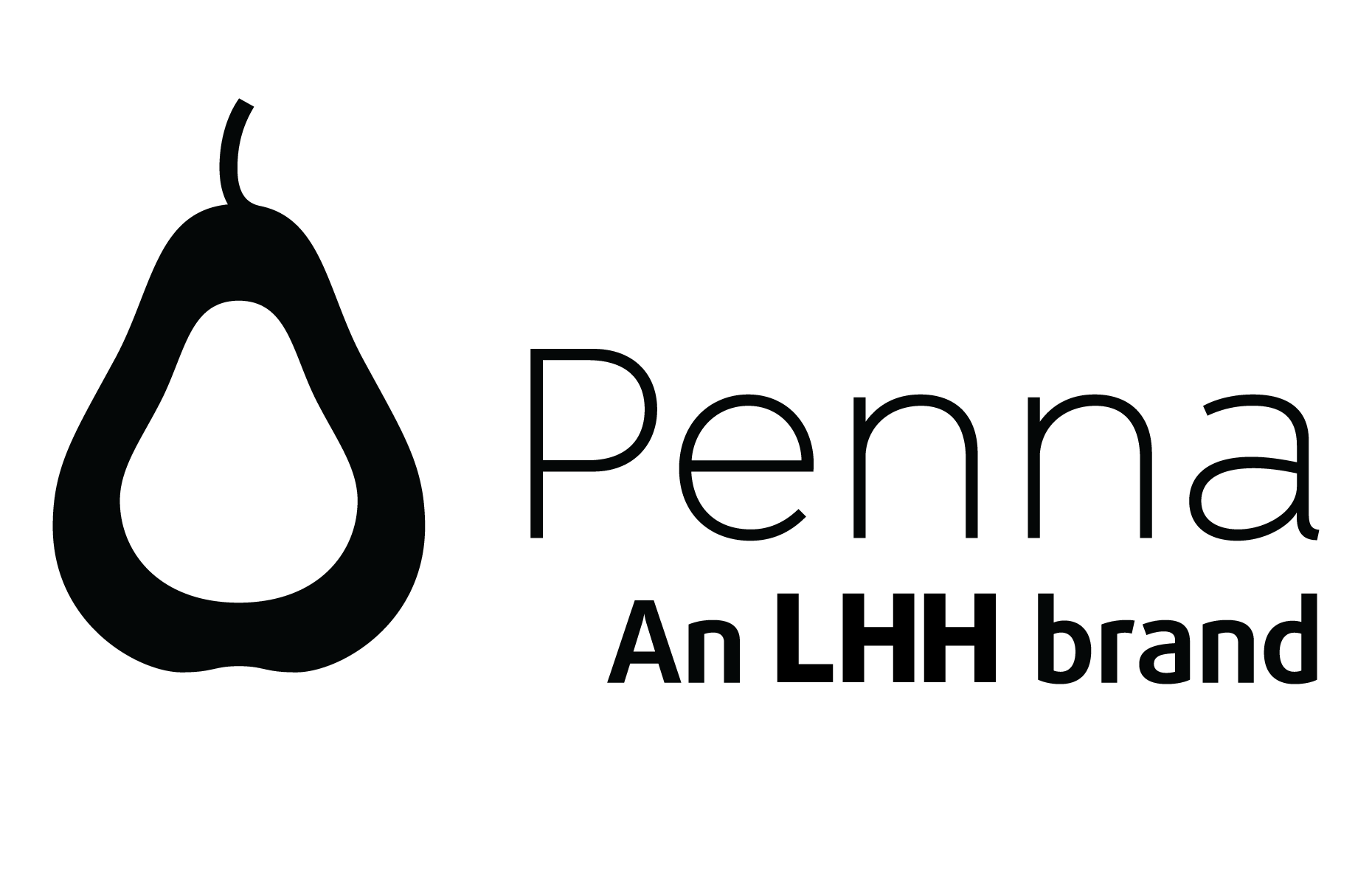Development. It’s a word that gets thrown around a lot, but what does it really mean? Well, if you’re imagining long, dry workshops or endless PowerPoints, don’t worry—you’re not alone. The good news is that development is about much more than that. It’s about growth—your growth—and the best part is, it’s not as painful as it sounds. In fact, it’s the key to unlocking the next level of your career.
We’re all on this development journey, whether we like it or not. And the truth is, you don’t have to be stuck in a classroom or have to read 800-page leadership books to get better at what you do. Sure, formal training has its place, but a lot of the real learning happens in everyday moments. In those awkward feedback conversations, in the meetings where you’re forced to speak up, and, yes, in the coffee chats with colleagues.
The Value of Coaching, Mentoring, and Networking
One of the best ways to fast-track your development is through coaching and mentoring. Having someone who can guide you, share their experience, and help you avoid some of the pitfalls they faced is invaluable. Think of it as your personal GPS, but for your career. Instead of wandering around aimlessly, you’ve got someone to nudge you in the right direction.
And let’s not forget networking, which isn’t about collecting business cards or LinkedIn connections for the sake of it. It’s about building genuine relationships with people who can offer new perspectives, advice, and yes, sometimes opportunities. The best part? You don’t need to be an extrovert to be good at networking. Just show interest in others and be open to learning.
The Case for Leadership Development Programmes
While informal development is crucial, sometimes you need a structured approach to growth. That’s where leadership development programmes come in. These programmes are designed to give you the tools, confidence, and strategic insights necessary to take on senior roles. They often blend formal learning with real-world challenges, providing a safe space to hone leadership skills without the pressure of everyday work demands.
Take, for example, Penna’s aspirant chief executive programme, which is aimed at senior managers who are looking to step into the top role in local government. This kind of programme helps participants build the competencies needed to lead large, complex organisations, while also offering networking opportunities with current chief executives and public sector leaders.
But what makes these programmes stand out is their holistic approach. It’s not just about developing technical expertise—it’s about enhancing your emotional intelligence, political acumen, and ability to navigate the ever-changing landscape of public service. Plus, programmes like these often include mentoring and peer support, both of which are invaluable when you’re preparing for a leadership role.
The benefits of leadership development programmes are many:
- Structured Learning. You will gain access to a curriculum that covers essential topics like strategic leadership, decision-making, and stakeholder management.
- Practical Application. Many programmes include real-world projects or case studies that allow you to apply what you’ve learned directly to your work environment.
- Peer Learning. You’ll be surrounded by other senior professionals facing similar challenges, which fosters a collaborative learning environment. The also provide excellent networking opportunities.
- Mentoring and Coaching. Many leadership programmes, including Penna’s, offer one-to-one coaching or mentoring, which provides tailored advice and guidance as you progress through your career.
- Career Progression. Completing a leadership development programme signals to your organisation—and potential future employers—that you’re serious about stepping up to more senior roles.
Top Tips for Personal and Professional Development
Here are a few tips to help you take charge of your own development journey:
- Make Time for Reflection. One of the most underrated tools for growth is reflection. Take time to think about what’s working, what isn’t, and where you want to improve. It’s like your own personal performance review but without the scary HR forms.
- Seek Feedback, Even When It’s Awkward. No one loves hearing what they need to work on, but honest feedback is one of the most powerful tools for development. Ask your colleagues or even your boss for input. Sure, it might sting a little, but it’s better than staying in the dark.
- Build Your Network. Don’t wait until you need something to start networking. Connect with people now. Ask them about their experiences, offer to help where you can, and don’t forget to follow up. Networking isn’t about getting; it’s about giving and growing together.
- Find a Mentor (or Be One). Mentoring is a two-way street. Whether you’re looking for guidance or offering it to someone else, mentoring helps develop skills in ways you might not expect. It’s a learning exchange, not a one-sided relationship.
- Be Open to Learning in Every Situation. Every challenge, every setback is an opportunity to learn. Whether you’re leading a project or just sitting in a meeting, there’s always something to take away if you’re paying attention.
- Take Advantage of Development Programmes. Whether it’s a leadership programme like Penna’s or a local council initiative, take full advantage of any structured development opportunities. These programmes are designed to challenge you and help you grow in ways you might not achieve through self-directed learning alone.
Why It Matters
Development is not a one-time thing. It’s continuous, and it’s personal. What works for someone else might not work for you, and that’s okay. The important thing is that you stay curious, open to learning, and committed to growing—not just for your current role, but for the one you aspire to.
In the words of Zig Ziglar: “You don’t have to be great to start, but you have to start to be great.” So, start today. Invest in your development, embrace the process, and remember that each step forward, no matter how small, brings you closer to the leader you want to be.
By participating in leadership development programmes, seeking out coaching and mentorship, and keeping an open mind, you set yourself up for success. Whether you’re aiming for a senior leadership role or just trying to be the best version of yourself in your current position, development is the investment that will keep paying off throughout your career.
Dawar Hashmi is a Director of Executive Search at Penna. At Penna, we’re proud to support the District Councils' Network (DCN) and sponsor the DCN program, dedicated to empowering leaders across local government. By investing in development initiatives like these, we’re helping to shape a future filled with skilled, adaptable, and inspired leaders in public service. To learn more about our work, visit penna.com.
Dawar Hashmi – Director, Executive Search

LinkedIn: Dawar Hashmi
Email: Dawar.Hashmi@Penna.com




